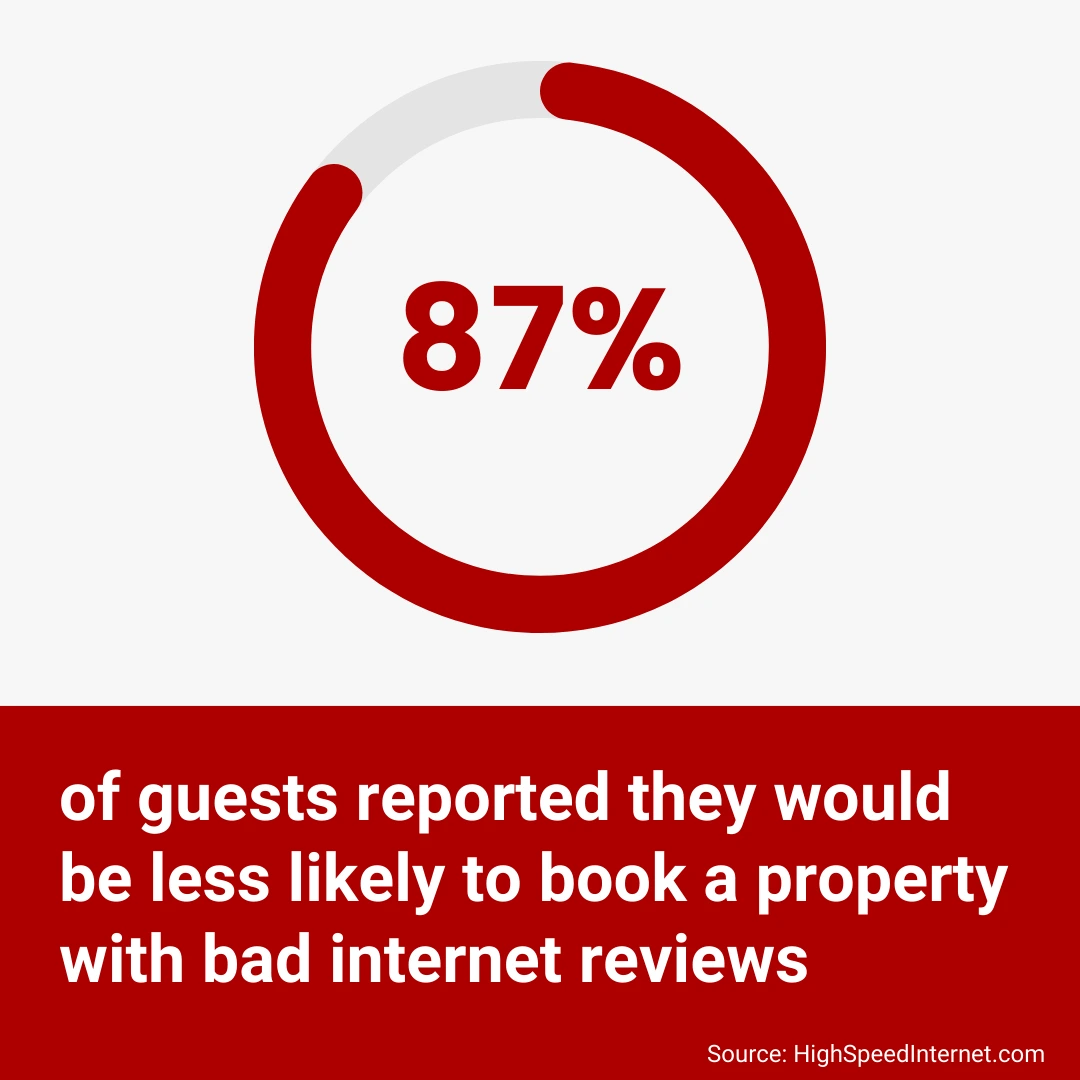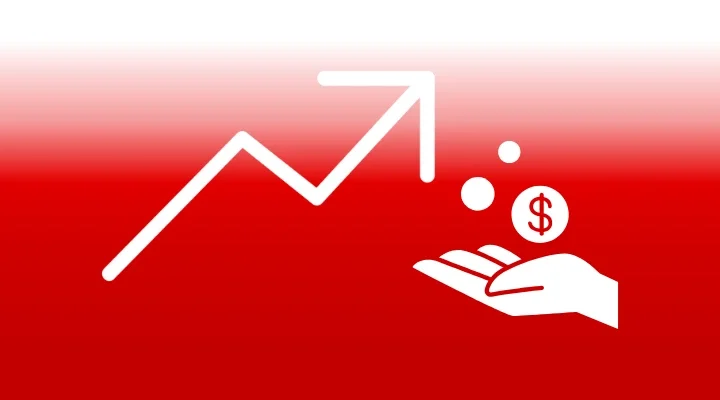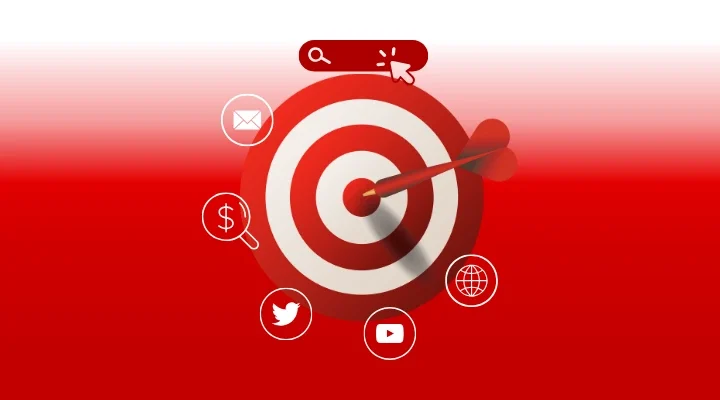Key takeaways:
- Business travel is on the rebound; Hoteliers must adapt to capitalize on this growing market
- Develop tailored offerings and services that cater specifically to the needs of business travelers
- Partner with consortia and corporate travel networks to increase visibility
- Use data insights to refine marketing efforts and better target corporate clients
- Streamline booking processes to offer convenience and flexibility for busy travelers
- Promote your hotel’s business-friendly amenities
Business travel is finally making a comeback, providing hoteliers with renewed opportunities to capture a crucial market segment. As companies resume in-person meetings and conferences, hotels that can effectively market to business travelers will benefit significantly. This blog outlines strategies to help your hotel tap into the resurging demand for business travel.
The resurgence of business travel and what it means for hoteliers
Business travel spending is on a sharp upward trajectory, with forecasts predicting it will reach an all-time high of $1.48 trillion by the end of 2024. Key markets like China, the USA, Germany, Japan, and the United Kingdom are driving this growth, with impressive annual increases in business travel spend—69% in Japan alone. This resurgence marks a critical opportunity for hoteliers to reclaim lost market share and forge stronger relationships with corporate clients.
Additionally, the rise of ‘bleisure’ (business + leisure) travel, especially among young professionals, has changed the game. Many travelers are now looking to extend their business trips into weekend getaways, driven by affordability and the blending of work and leisure. This trend highlights the need for hotels to offer flexible packages that cater to both work and play while also displaying this in marketing efforts.
Business travel spending worldwide is projected to reach an all-time high of $1.48 trillion by the end of 2024
Sabre’s Consortia Services is well worth the investment. It provides us with incredible ROI and visibility to travel agents to secure both corporate and leisure bookings. In addition, the Deluxe Package allows us to save time, get help with rate mapping, and access serices to perform better and better each year.
– Corporate Director of Revenue Management
Heritage Hotels
Emerging markets in Asia and Africa are propelling this expansion, prompting hotels and companies to adapt their travel programs to meet the needs of these new regions. With domestic business travel spending already at 77% of pre-pandemic levels, now is the time for hoteliers to seize this opportunity and stand out.
Enhancing visibility through corporate partnerships and consortia
Corporate bookings are a significant revenue stream for hotels, but gaining visibility with travel agents and corporate buyers can be challenging. This is where Consortia Services comes into play. By partnering with consortia, hotels can increase their visibility in key markets, gaining access to a broader network of travel agents who book corporate travel. These partnerships not only elevate a hotel’s profile but also offer exclusive rate opportunities that attract business travelers.
Staying ahead of the competition requires more than just being visible in Global Distribution Systems (GDS). While GDS is influential, it’s not sufficient alone to capture the competitive edge. Consortia partnerships help hotels position themselves effectively by providing the support needed to connect with corporate clients directly, offering them tailored solutions that other channels might miss. For hoteliers, aligning with consortia and corporate travel networks is a strategic move to boost occupancy and secure steady business bookings.
Tailoring amenities for business travelers
The amenities your hotel offers can significantly influence a business traveler’s booking decision. According to GTBA Business Travel News, flexibility is one of the most sought-after features in 2024. Business travelers face unpredictable schedules due to factors like flight cancellations, train strikes, and severe weather. They expect hotels to adapt to these changes by offering late check-ins and allowing reservation changes without restrictive cancellation policies. Hotels that can meet these needs will see a surge in repeat bookings.
Loyalty programs are also a major draw for business travelers. Research by Hospitality Financial and Technology Professionals shows that corporate guests prefer to stay at hotels where they can earn rewards points. This demand is driving an expected 10% increase in bookings made through loyalty programs in 2024. Hotels that offer additional perks to loyalty members, such as room upgrades or exclusive access to business lounges, can further enhance their appeal to the corporate traveler.

Free and fast Wi-Fi remains a top priority for business travelers, as it directly impacts their ability to work remotely and connect to virtual meetings without interruptions. Slow or unreliable Wi-Fi can lead to technical difficulties that frustrate guests. Offering hassle-free connectivity as a standard, with the option to pay for even faster speeds, ensures that business travelers have a seamless and productive stay.
Next steps for hoteliers:
As business travel continues to rise, hoteliers must refine their marketing strategies and optimize booking channels to cater to corporate clients. One of the most effective ways to enhance your property’s visibility in this growing market is by leveraging Sabre Hospitality’s Consortia Services. By connecting with a global network of corporate travel buyers, your hotel can stand out in the competitive business travel landscape and secure a larger share of this lucrative market.
Related Articles:
- Top features to look for when choosing a CRS
- Innovative hotel marketing: Leveraging vouchers to attract guests
- Hotel marketing insights and trends
- Top 10 strategies to increase your hotel revenue in 2024
Written by Maura Valentine
Consortia Services
Consortia Services helps you Go Beyond with industry-leading hotel consortia solutions to build partnerships with corporate travel programs, increase corporate bookings, and boost business travel revenue.




